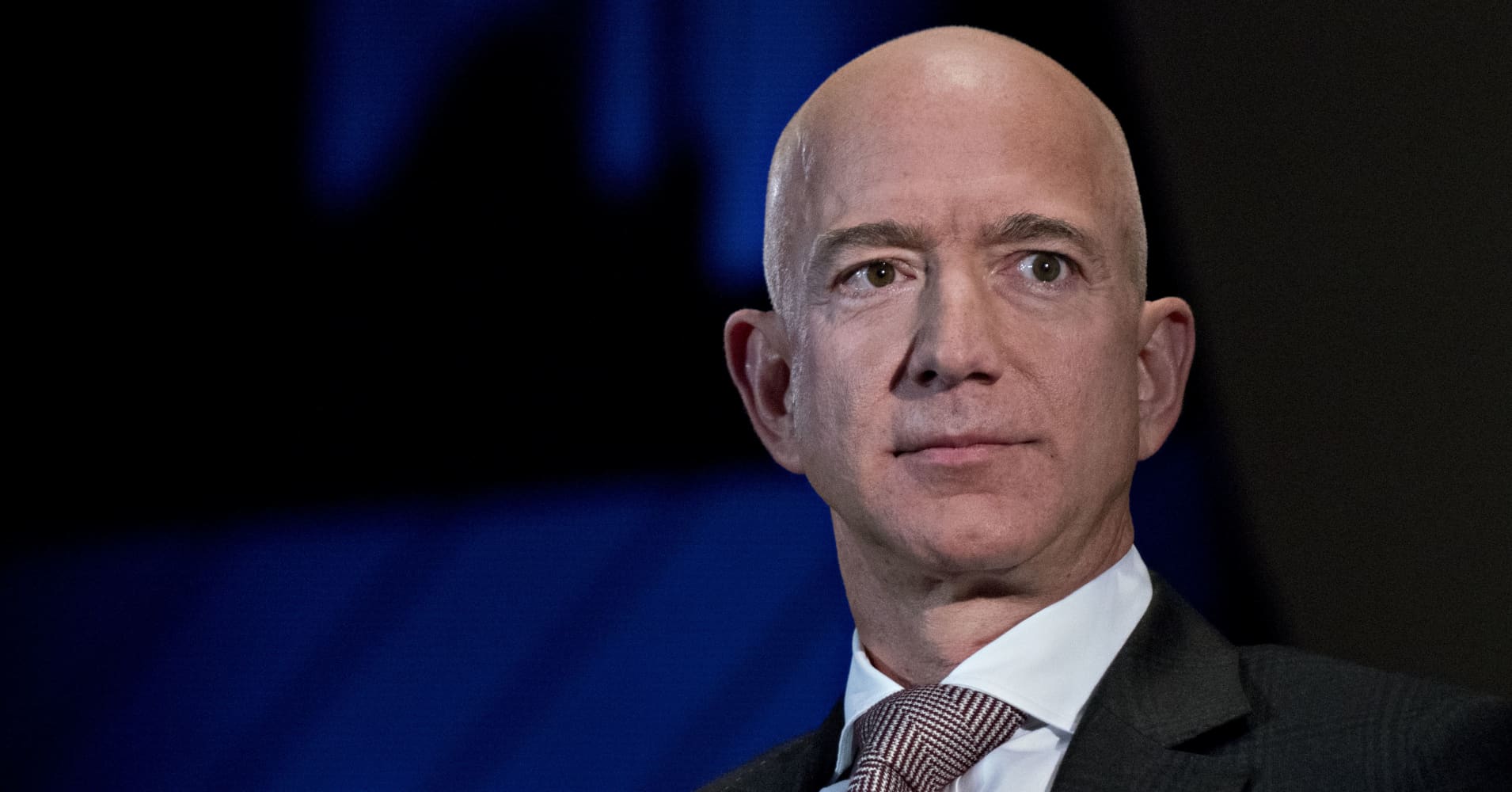
Amazon's decision to run a highly public bidding process for its second headquarters, called HQ2, is turning into a publicity nightmare.
Just two weeks after pulling out of New York City (one of the two winners for HQ2) following fierce local opposition, Amazon is now facing similar protests from several politicians and activists in the Northern Virginia region (the other winner). The criticism is largely centered around the incentives cities were giving Amazon, which is one of the most valuable companies in the world, and its potential impact for raising the cost of living in those areas.
Amazon could have avoided all the negative publicity if it had just run the bidding process quietly, instead of spinning up a year-long media cycle, according to public relations experts.
"To go out and create a 'beauty contest,' and turn it into a media circus — it was a dumb idea," said Paul Argenti, a communications professor at Dartmouth College.
Argenti pointed out that Amazon's HQ2 bidding process came in marked contrast to the more subdued procedures run by its tech peers.
Google, for example, took a quieter approach to its $1 billion expansion in New York City last year, saying it didn't seek incentives. Apple didn't make a big deal out of the $1 billion it's investing in its new Austin campus, although it did receive some tax benefits.
"Amazon could have done the same thing quietly behind the scenes," Argenti said. "I'd say they got nothing but misery out of this."
In 2017, Amazon announced that it would start taking bids from cities across North America for its second headquarters, which would generate 50,000 jobs and billions of dollars worth of economic impact. Over 200 cities rushed to apply, creating a media circus on who would win the tech giant's second largest office complex.
Some experts at the time called Amazon's move a "marketing ploy," citing how unusual it is for a company to have two separate headquarters, not to mention the auction-like process. One marketing firm estimated that Amazon got at least $42 million worth of free publicity from the buzz related to HQ2, while some press outlets started calling it a "brilliant PR stunt."
Michael Goodman, who teaches corporate communications at Baruch College and is an author of over ten books in the field, said HQ2's unusually public bidding process was "ill-advised," given how Amazon could have received similar perks using a quieter process anyway. It's why most corporations prefer not to make too much noise until they know where they're going to expand, he said.
"I'm at a loss to figure out the pros of this," Goodman said. "It just didn't make any sense to me what they were doing."
Amazon's spokesperson said in a statement to CNBC that it wanted to create a "transparent and open process" by making HQ2 bids public. It also said that HQ2 was a $5 billion investment project to create 50,000 "high-paying" jobs, which is a lot bigger than similar projects from other tech companies. Many cities that applied for HQ2 were able to strengthen their pitches to attract other investments as well, the spokesperson added.
To be fair, HQ2's publicity failure is not entirely Amazon's fault. New York's highly political environment and its failure to include all stakeholders into the bidding process added to the growing opposition.
Still, the fallout shows how Amazon missed out on what could have been a great opportunity to generate goodwill and positive corporate sentiment across the country, according to Pallavi Kumar, a communications professor at American University.
For example, Kumar said, Amazon could have chosen a struggling city like Detroit, instead of economically thriving regions like New York and Northern Virginia. That would have completely changed the narrative, creating stories of how a tech giant could have "profound, positive effects" on a city looking to bounce back, she said.
"Think of how many more great stories would have been generated for years to come," Kumar said.
The public backlash on HQ2 was made worse by Amazon's lack of transparency on why exactly it ran a public bidding process, said Toni D'Angelo, a public relations professor at Syracuse University. If it had clearly explained why it's pursuing a new location in such an unusual manner, and what the motivations were, while more fully engaging local representatives to mitigate concerns, Amazon may have seen a different outcome, he said.
"Staging an auction on such a grand scale amplifies pressure on Amazon to both deliver the goods and minimize the 'bads.'" D'Angelo said. "It's now in an unexpected defensive posture that's been accentuated by the hoopla it created."
0 Comments